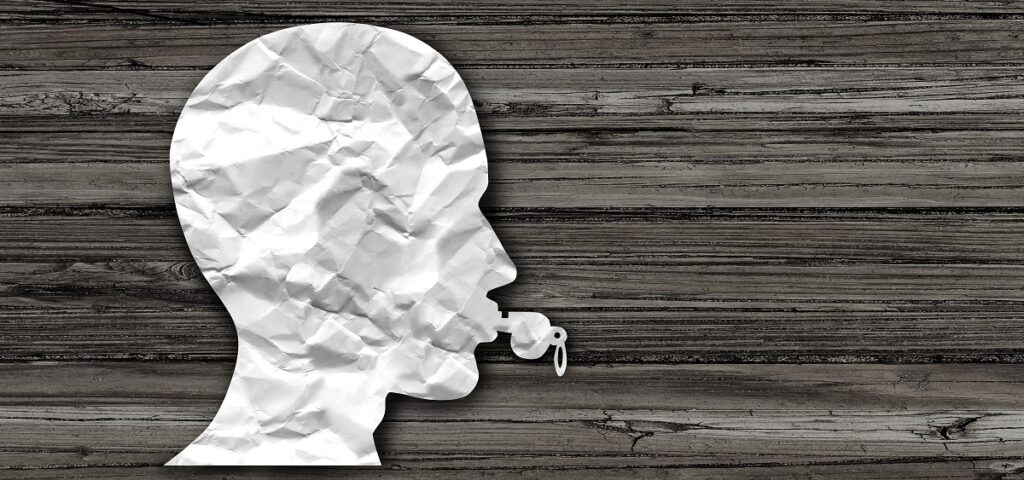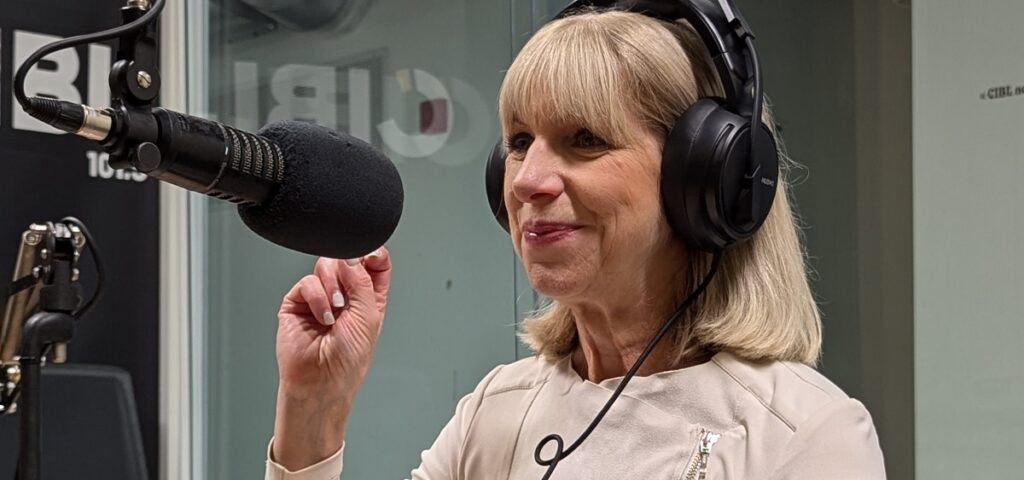The trial of Daniel Lacasse began on October 15. This former women’s basketball coach, well-known in the world of school sports, was arrested in 2022 for alleged sexual contact with a minor for two years. Isabelle Richer, a legal analyst with Radio-Canada, was on Éducaloi’s Angle droit radio show to shed some light on the case.


The Lacasse case sent shockwaves through Montreal’s Saint-Laurent High School. Many people could not believe that this highly respected coach took advantage of his position to abuse teenage girls.
Since his arrest, Daniel Lacasse has been suspended by the Marguerite-Bourgeoys school service centre, which employed him. Only one criminal charge has been laid against Mr. Lacasse, but it covers a fairly long period: from September 2010 to April 2012. “He is accused of having committed the act of sexual exploitation. When someone is in a position of authority over a minor, and abuses them, we call that sexual exploitation,” Ms. Richer explained.
The legal analyst explained that Daniel Lacasse was the coach of these girls, who were most likely dominated by him and other colleagues. Although he is standing trial alone, he’s not the only one facing charges. Two other coaches are also accused. “In Lacasse’s case, there’s only one plaintiff. Is it because she’s the only one who filed the complaint or because she’s the only real victim? It’s hard to say,” according to Ms. Richer.
School, sports, and sexual offences
Although the events took place in 2022, three years earlier, in 2019, many media were already talking about the widespread sexual abuse of young female athletes in amateur sports. According to a Radio-Canada report, 340 amateur sport coaches had been implicated in such offences.
For her part, Ms. Richer believes that the taboo against denouncing sexual offences committed by people in positions of authority against young people has broken down over the years — though certain things seem to be repeating themselves. “I’ve been covering criminal trials for nearly 25 years. In the 1990s, there were already coaches — not necessarily in schools — but in amateur sports or federations and teams.”
If schools are perceived as a safe environment, so are arenas, gyms, and clubs. “In the 1990s, we already felt we were breaking a taboo. The question now is whether we’ve broken it enough, and whether we’ve monitored these environments sufficiently to ensure that these abuses don’t continue recurring”, according to Ms. Richer.
As she points out, the alleged acts of Mr. Lacasse, whose trial is just getting started in Montreal, took place in the school environment, a place “where we imagine that all the checks are done, where there are safeguards.” However, if he’s found guilty, it means “the safeguards were completely absent in this case”.


Pedagogy to help explain legal news
For followers of legal affairs, Isabelle Richer needs no introduction. She provides live coverage of breaking legal news on Radio-Canada, after having done so for 25 years from the courthouse. What keeps her enthusiastic every day despite a heavy schedule? Using pedagogy to describe and explain a world she finds “closed and complex”.
Ms. Richer is convinced the public is interested in legal news. “It’s their society, their world. We’re talking about our fellow human beings and our loved ones. The public needs to understand how [the justice system] works. And that’s my role: to explain, to popularize complex concepts, and to make them understandable.” It’s a challenge that she accepts daily with pleasure and satisfaction because, after all these years of experience, “there comes a time when you master the jargon, how to convey it, and can easily pinpoint the facts that need to be simplified.”
Ms. Richer, who once dreamt of becoming an archaeologist, made a name for herself covering human dramas — a job that’s far from easy every day. “As I always say, if a doctor cries every time they lose a patient, they have to change jobs. So, it’s a bit similar: when you’re a crime reporter, you can’t break down every time there’s an awful, unjust, or brutal story. So, you end up creating a distance and shielding yourself.”







